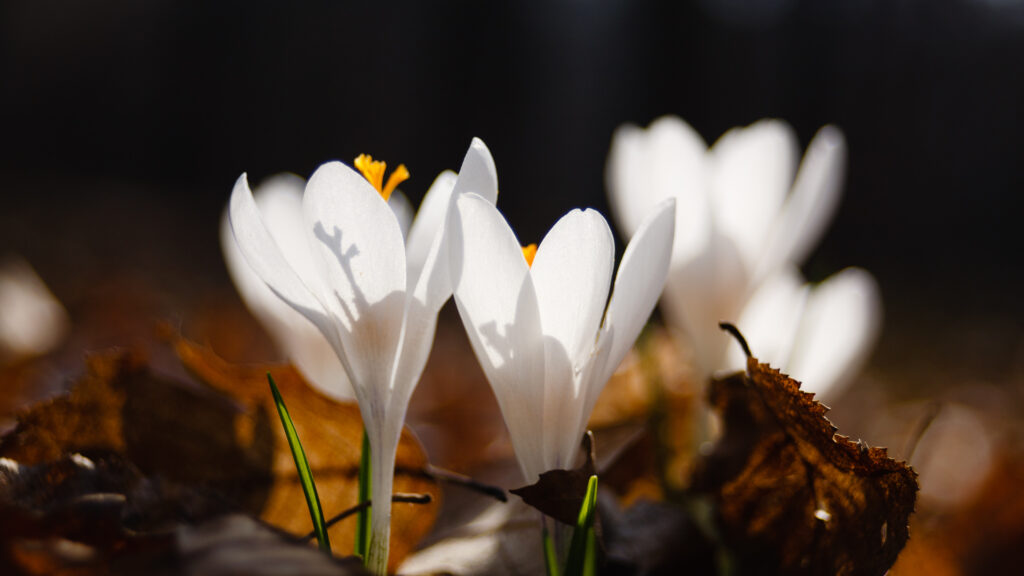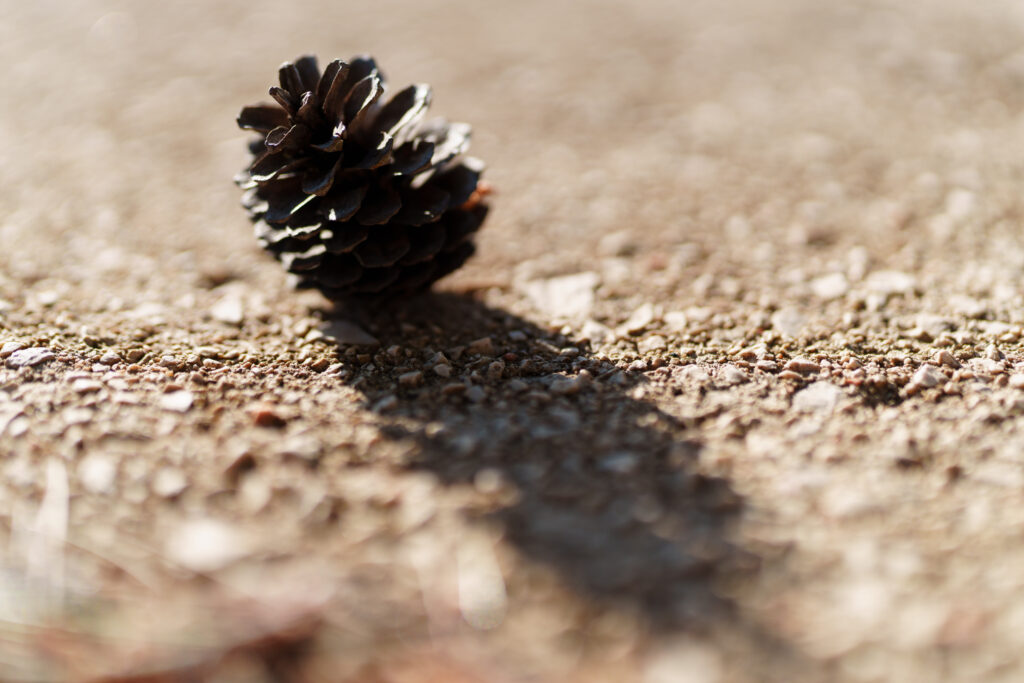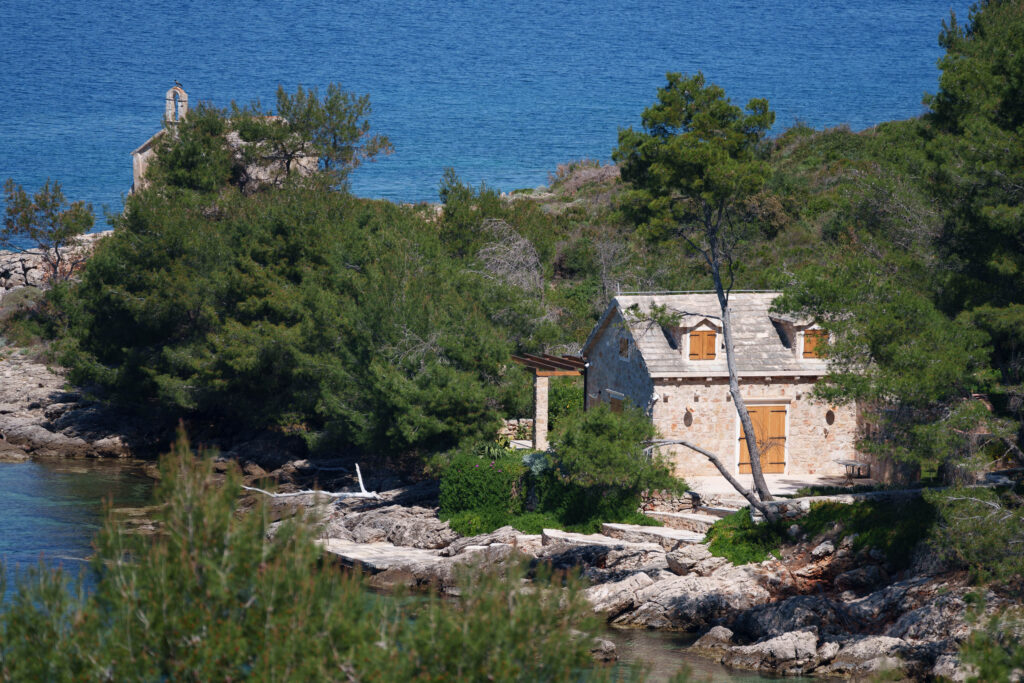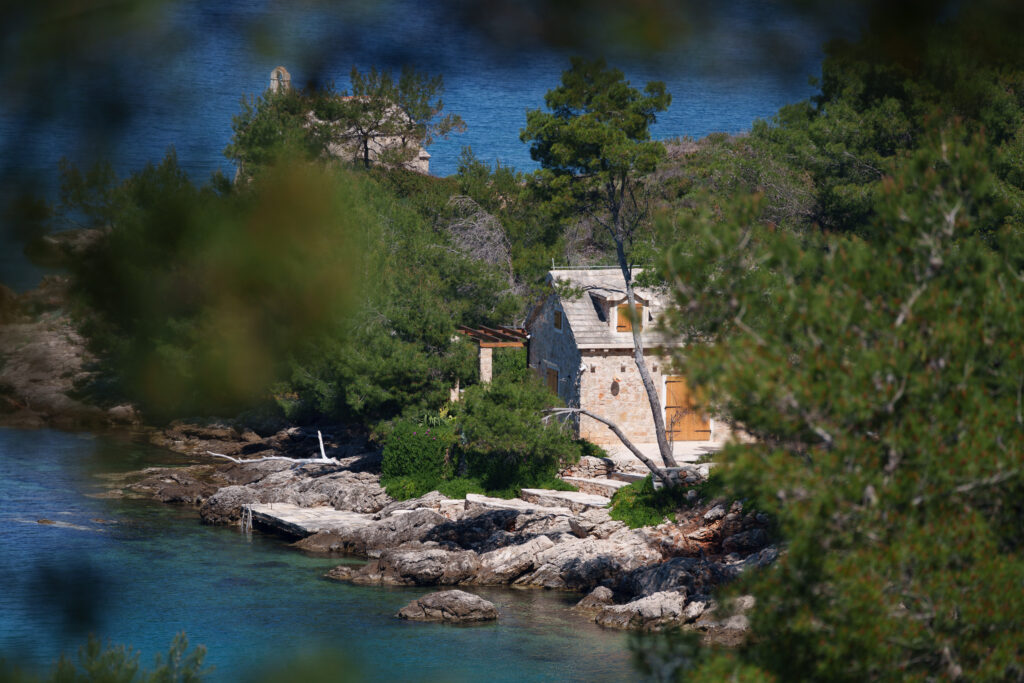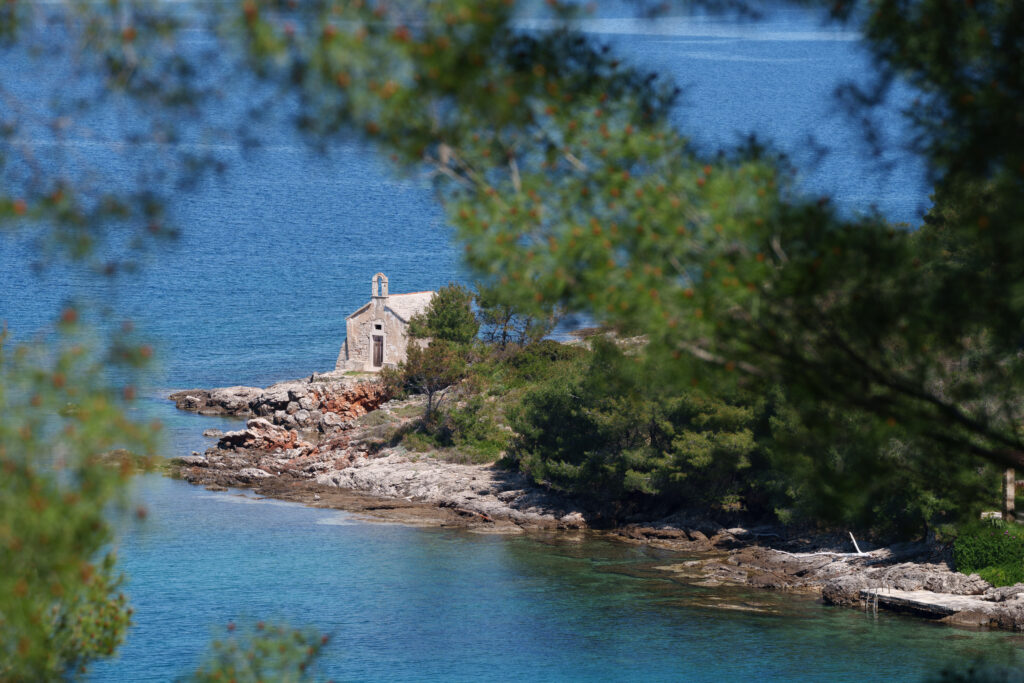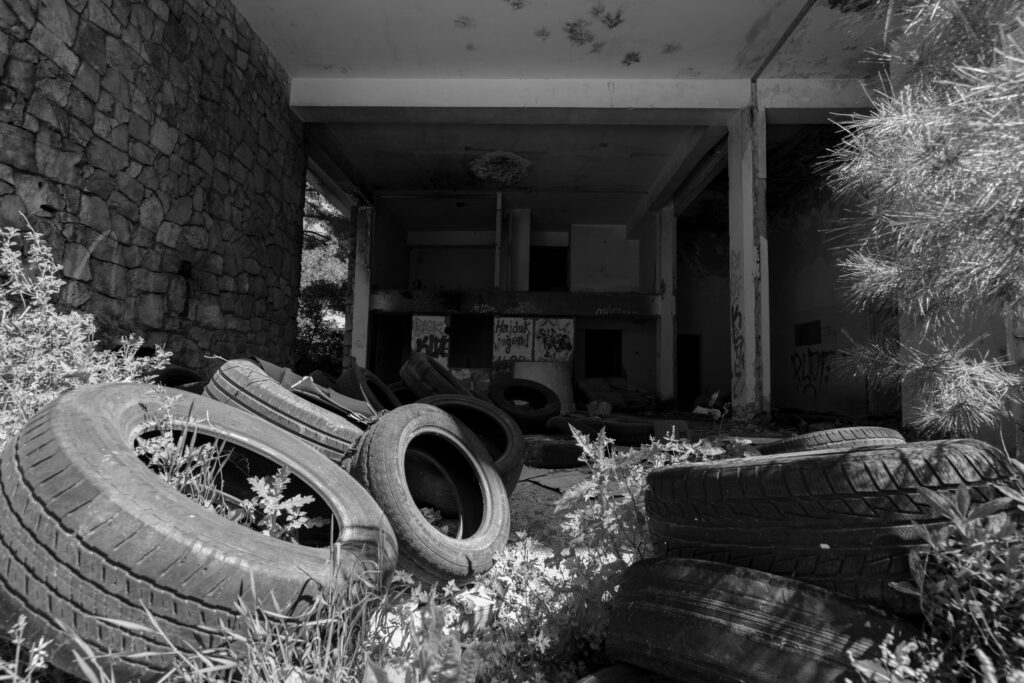I’ve been shown some things recently, and it got me thinking.
There are things that are unimaginable, but you can at least have some idea about them. Let’s say it’s like the aleph-0 infinity, the cardinality of N. Basically, the set is infinite, but the numbers themselves are something you can get your head around. It’s a conceivable, imaginable infinity. However, then there’s the aleph-1 infinity, the cardinality of R, where there’s a recursive infinity of elements between each element. That’s much harder to get your head around, but still conceivable and imaginable.
And then there are things where your brain just can’t do anything about them and fucks right off.
People think they can invent some paradox to disprove God’s omnipotence, such as “can God make a stone so heavy even He can’t lift it?”, like ha ha, if he can make it he can’t lift it so he isn’t omnipotent. However, God can trivially do it, just spawning a Universe-type with broken logic, or manifesting multiple persons that are God, of which one can create and the other one can’t lift, the way God can manifest one person that creates Universes, another that can die on a cross, and another that is the omnipresent transcendental source of blessing and guidance, where the Christians got it wrong only in assuming there are only three. That’s actually quite easy to understand. And then you get to things like God-person remaining at peace, seeing that it is good, and Goddess-person meditating on the God-person who sees that it is good, and She manifests that which is good recursively throughout Creation, manifesting dharmas, Gods, Buddhas, Bodhisattvas, Dakinis and so on, and that’s the Tandava dance, the golden flame dynamically and recursively burning things in and out of existence backwards/forwards in time, across possible existence-types, creating and discreating worlds. My mind broke when I tried to understand whether that would un-create things that I now perceive as extant, and would I remember them if that were so, and whether creating the ultimately good eternal outcome means creating things like Satan, or are they just allowed to do their thing because all that evil either doesn’t matter, or it actually creates conditions where God’s supremacy can fully be manifested, and when that happens, will all the evil never have happened, or will the bubble of Time merely pop in the hand of Eternity?
It feels so close.


